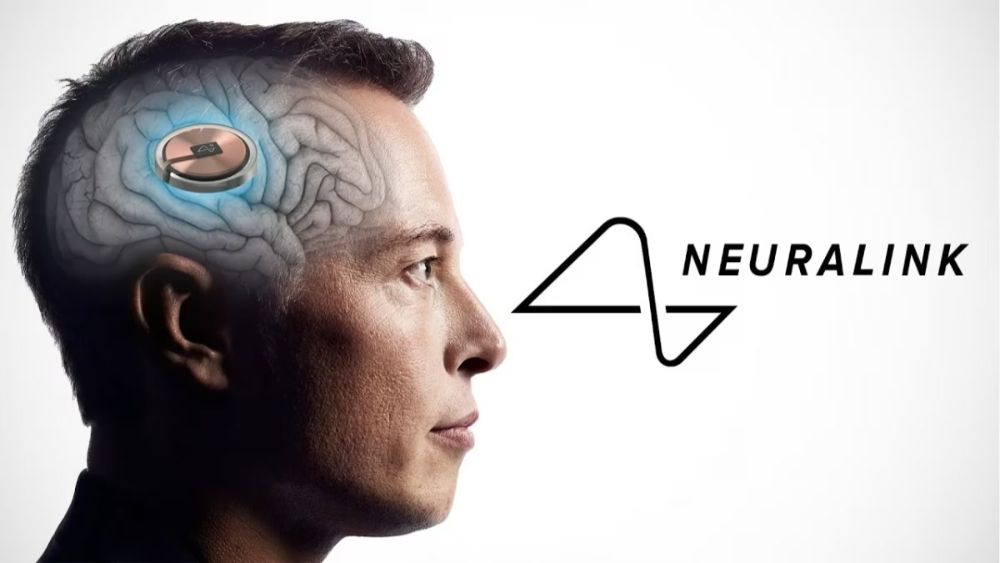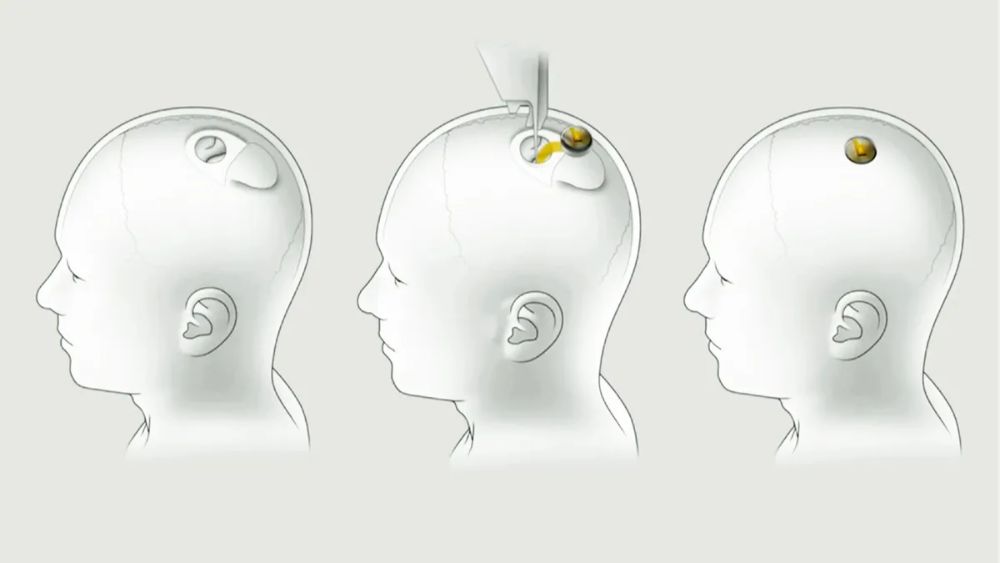Elon Musk, the entrepreneur behind Neuralink Corp., recently shared a groundbreaking update on the company’s progress in developing brain implants. Musk revealed that the first human patient has successfully received a Neuralink brain implant, marking a significant stride towards the company’s vision of enabling humans to control computers with their minds. In a post on X, Musk conveyed that the patient is in good recovery, and the initial results of the procedure are promising.

Telepathy: Neuralink’s First Product
Neuralink’s brain implant, designed to aid individuals with traumatic injuries in operating computers through their thoughts, received approval from the US Food and Drug Administration for its first human trials in May. Musk unveiled that the inaugural product from Neuralink would be called “Telepathy.” This groundbreaking device aims to empower users to control their phones, computers, and various devices simply through their thoughts. The initial focus will be on individuals who have lost the use of their limbs, envisioning a communication speed surpassing conventional methods.
Challenges and Future Goals
While Neuralink has achieved success in neuron spike detection, evidenced by recordings from the patient’s brain, challenges lie ahead. Kip Ludwig, co-director of the Wisconsin Institute for Translational Neuroengineering, emphasised that Neuralink must demonstrate superiority over other companies in the field, such as Blackrock Neurotech and Synchron.

Animal Testing and Ethical Concerns
Neuralink’s journey has included extensive testing on animals, with experiments showing monkeys playing computer games using only their brains. However, this has sparked concerns from animal rights groups, including the Physicians Committee for Responsible Medicine.
Timetable and Realistic Expectations
Elon Musk’s ambitious timeline for human implantation underscores the complexity of Neuralink’s task. The startup aims for its chips to penetrate less than 2 millimetres into the brain, deeper than many other systems in development. Despite the progress, a commercial brain implant is not imminent, according to Neuralink adviser Jaimie Henderson, who stressed the importance of avoiding overhyping the technology. Henderson, a neurosurgery professor at Stanford University, emphasised that an approved device is still years away.

Neuralink’s successful human trial represents a crucial advancement in the intersection of technology and neuroscience. While challenges persist, Elon Musk’s Neuralink is pushing the boundaries of what’s possible in the quest to unlock the potential of the human mind.
